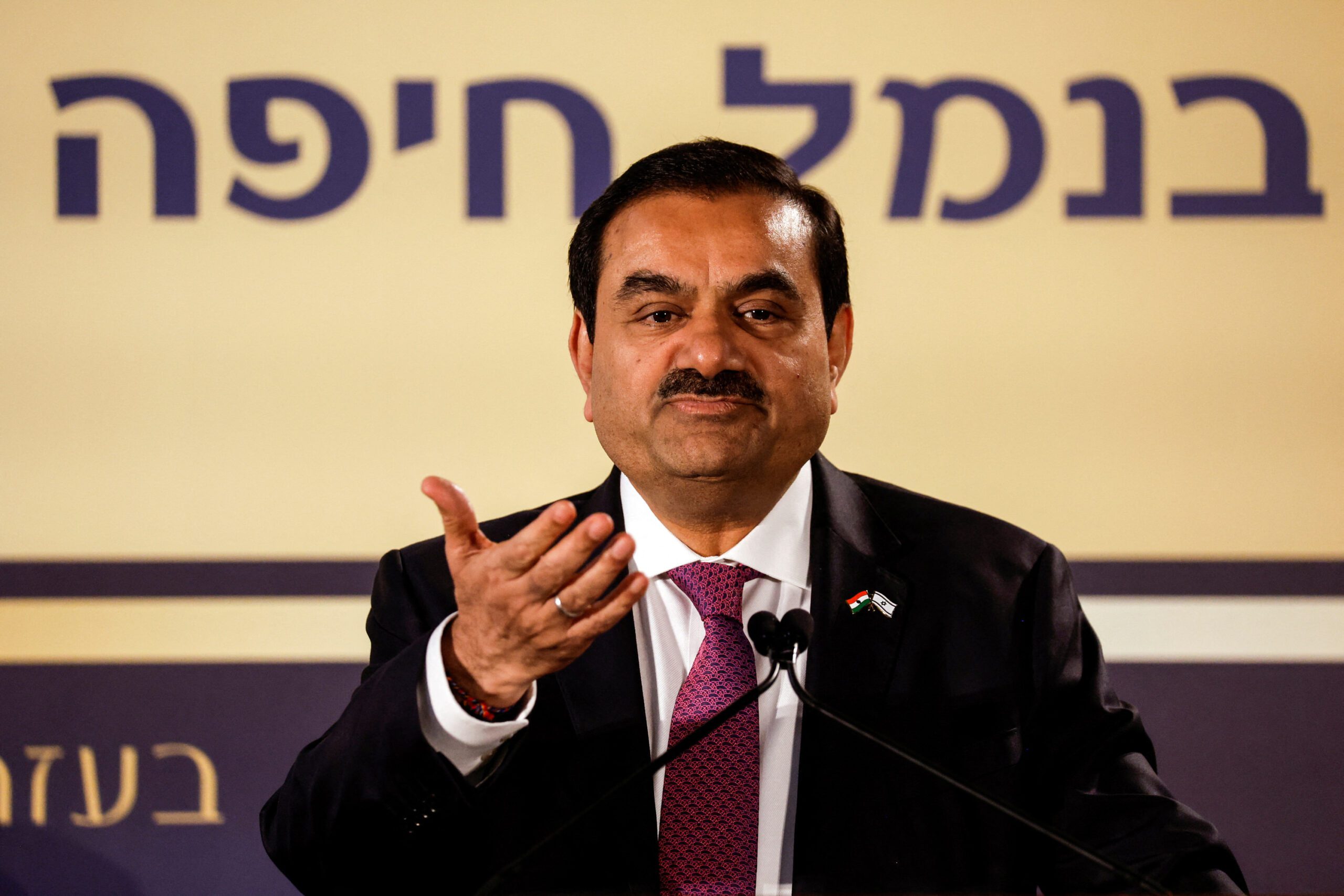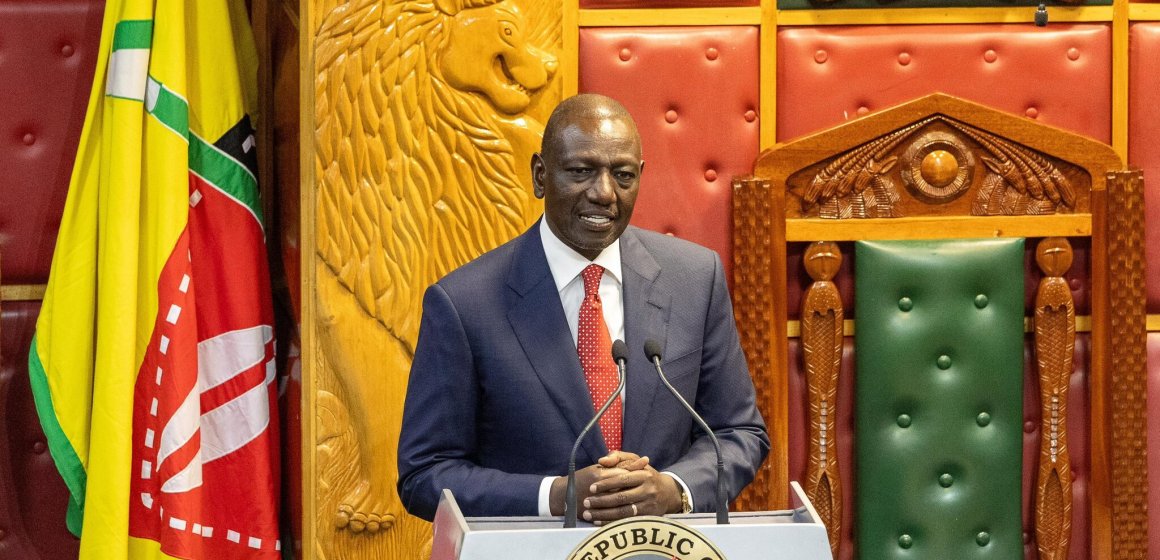|
LISTEN TO THIS THE AFRICANA VOICE ARTICLE NOW
Getting your Trinity Audio player ready...
|
Kenya’s government Thursday afternoon pulled the plug on major energy and aviation infrastructure deals with India’s Adani Group following the indictment of its chairman, Gautam Adani, in a multibillion-dollar fraud scheme. The move, announced by President William Ruto during his State of the Nation Address on Thursday, November 21, came after U.S. prosecutors charged Adani and two top executives with corruption and financial misconduct.
The U.S. charges, unveiled in New York on November 20, accuse Adani and his associates of paying $250 million (Ksh.30 billion) in bribes to Indian government officials between 2020 and 2024 to secure solar energy supply contracts worth $2 billion in profits. The indictment also alleges the Adani Group raised over $3 billion in loans and bonds using false financial statements. Arrest warrants for Gautam Adani and his nephew, Sagar Adani, have been issued, with the U.S. Department of Justice seeking international cooperation for their execution.
The fallout was immediate in Kenya, where Adani’s proposals to modernize key infrastructure projects had already sparked widespread public resistance.
Citing the indictment as a decisive factor, President Ruto directed the immediate cancellation of two high-profile agreements with the Adani Group. The deals included a proposed Ksh.260 billion project to renovate Jomo Kenyatta International Airport (JKIA) over 30 years under a Public-Private Partnership (PPP) and a Ksh.95 billion plan to develop energy transmission lines.
“Credible evidence from our investigative agencies and international partners leaves no room for compromise,” President Ruto stated. “In light of the revelations against Adani Group, the ongoing procurement processes must be halted to safeguard the integrity of our nation’s development agenda.”
Ruto further instructed the Ministries of Transport and Energy to expedite the search for alternative partners to ensure continuity of the affected projects.
Even before the indictment, the Adani deals faced fierce opposition from Kenyan citizens, civil society groups, and a significant section of lawmakers. Critics raised concerns about the lack of transparency in the bidding process and questioned the suitability of the Adani Group, which had previously faced allegations of unethical business practices in other countries.

On social media, many Kenyans celebrated the cancellation as a victory for public accountability. “From day one, we all warned our government that Gautam Adani is a crook… We have repeatedly demanded that Adani contracts with JKIA, SHA, KETRACO and Mombasa Port be cancelled… What will all those who were defending Adani say now?” wrote lawyer Donald Kipkorir on X (formerly Twitter).
Former Law Society of Kenya President, Nelson Havi tweeted: “Once more, President William Ruto proves to Kenyans that he has incompetent or corrupt people for Cabinet Secretaries and that Parliament is cheap, clueless and emasculated. Adani! Adani! Adani!”
Energy Cabinet Secretary Opiyo Wandayi, who had earlier defended the Adani contracts, found himself at odds with the president’s decision. Speaking to the Parliamentary Energy Committee hours before Ruto’s announcement, Wandayi maintained that due diligence had been conducted and dismissed concerns linking the indictment to the Kenyan projects.
“We conducted a thorough vetting process and found no adverse evidence concerning these contracts,” Wandayi said. “The allegations abroad are unrelated to the proposed projects here.”
However, Ruto’s intervention highlights a shift in priorities, with the president opting to heed public sentiment and international pressure over internal assurances.











LEAVE A COMMENT
You must be logged in to post a comment.